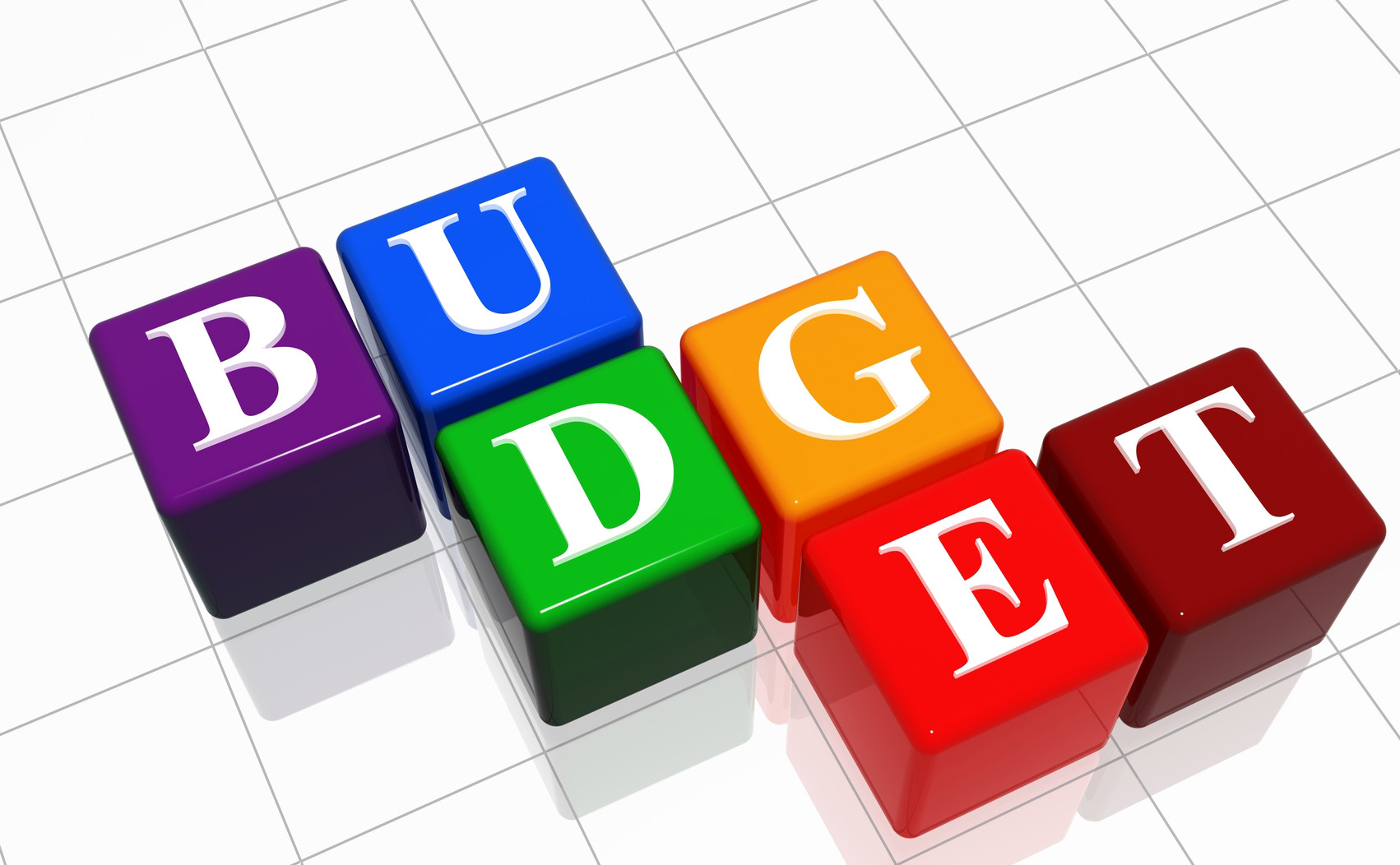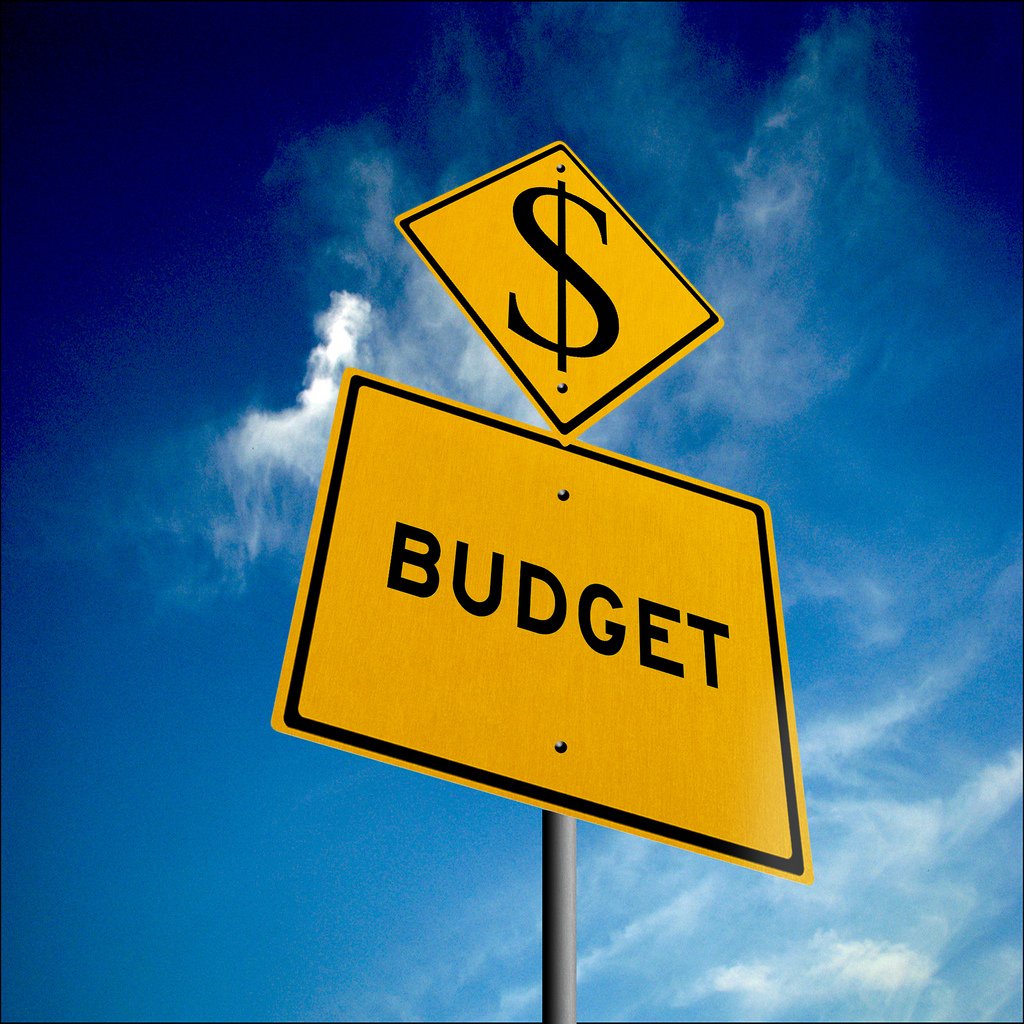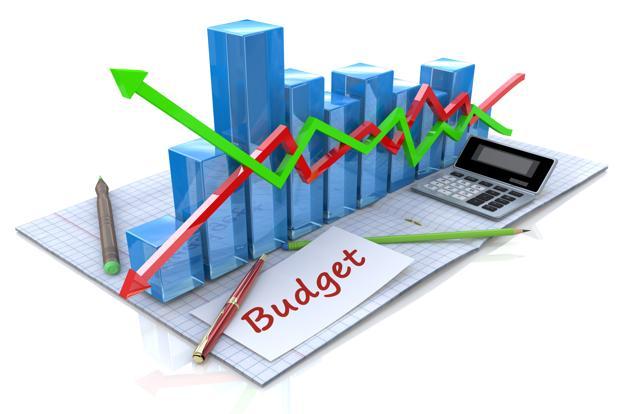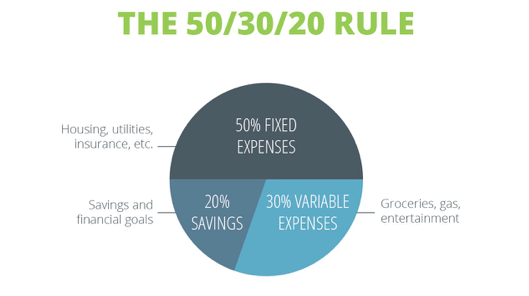7 Steps to Create Your Budget
What is a budget?

A budget is a personal financial plan that allows you to plan how you will spend and possibly even save your money. A budget also
helps to keeping track of your spending patterns. While making a budget may not sound like the most exciting activity, it is vital to keeping your finances in order by keeping your lifestyle in balance. This may seem like common sense, but if you
spend less in one area then you can spend more in another or even choose to save that money for a larger future purchase, building a rainy day fund, or even for retirement. Keep in mind that before you begin to make your budget that it is important
that you provide as much detailed and accurate information as possible. The result of your new budget will show you where your money is coming from, how much is there, and where it is all going each month. With a budget you can begin to prioritize
your spending and better manage your money.
Creating your Budget
- Gather every financial statement you can. Bank statements, investment accounts, recent utility bills, and information regarding a source of income or expense. Remember, the more you can dig up to accurately represent your monthly averages, the better of your budget will be!
- Create a list of all of your sources of income. If self-employed, outside sources of income, or on a fixed given amount, be sure to record these. If your income is in the form of a paycheck where taxes are automatically deducted, then use the net income.
- Create a list of monthly expenses. Write down a list of all the expected expenses over the course of a month such as mortgage payments, car payments, insurances (auto,house,renters,life,etc.), groceries, utilities, entertainment, dry cleaning, student loans, retirement, college savings, even gas. Look at previous receipts or bank or even credit car statements of expenses paid in a previous month to help figure this value out. Check out this easy to use worksheet.
- Take your list of expenses and break them into two categories: fixed and variable. Fixed expenses are expenses that stay relatively the same each month and are required parts of your way of living, such as your mortgage or rent, car payments, cable and/or internet service, trash pickup, credit card payments, etc. Variable expenses are expenses that will or may change from month to month and include items such as groceries, gas, entertainment, eating out, gifts, etc.
- Total your monthly income and monthly expenses. If your total monthly income is greater than your monthly expenses then you can prioritize this excess of your budget to savings or possibly paying more on credit card balances, student loans, mortgage payments, or car payments. If you are showing a higher total expenses than total income then some changes are necessary to balancing your budget out.
- Make adjustments to your variable expenses. If your expenses are greater than your income, then some adjustments to your variable expenses will be needed. Since these expenses are non-essential to your life, you should be able to figure out what to cut. Perhaps cutting down on that coffee from Starbucks?
- Review your budget monthly. Don't forget to review your budget regularly to ensure that you are staying on track. After the first month compare the actual expenses to what you had created in your budget. this will allow you to see how you did and how to adjust your budget if needed for the next month.



